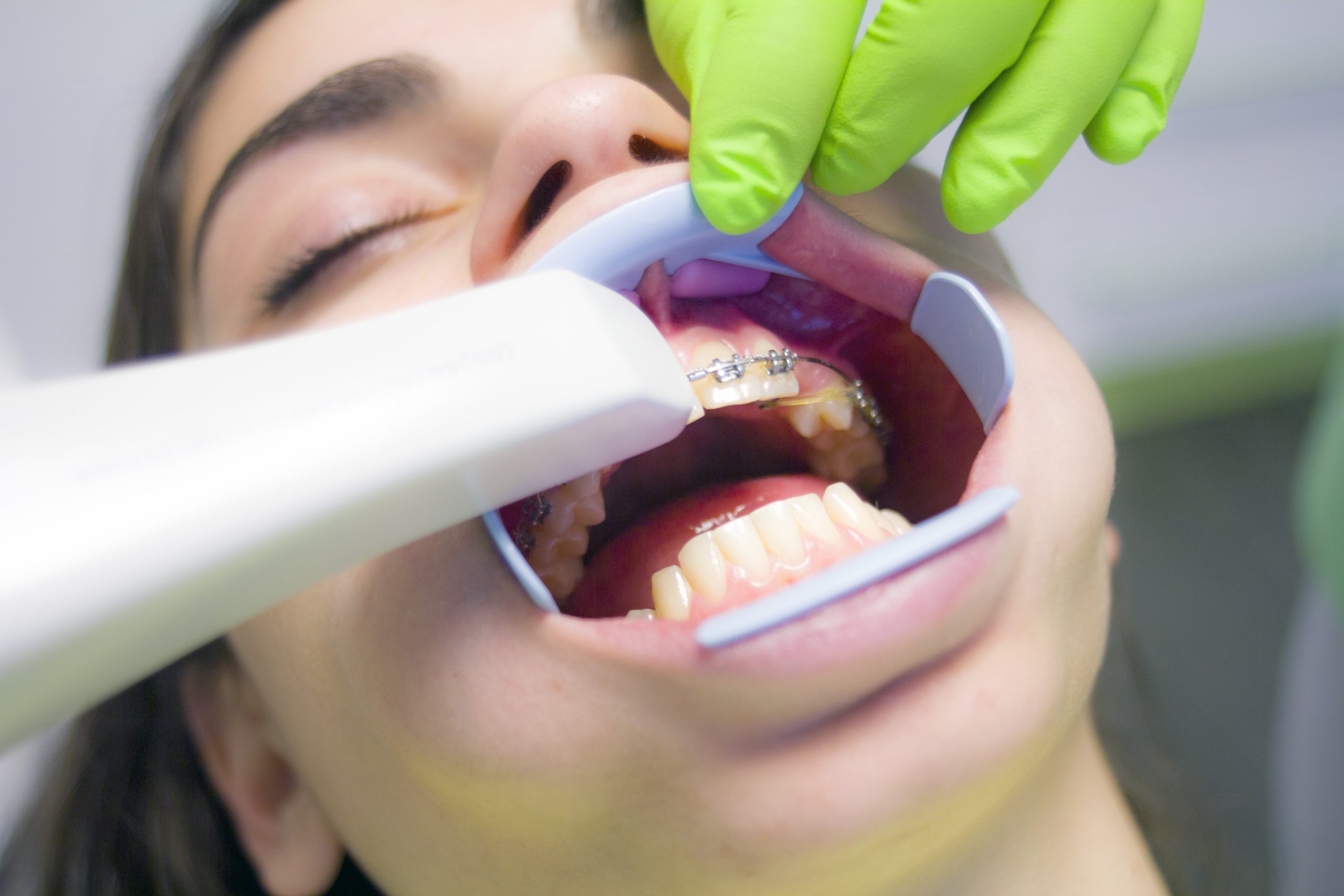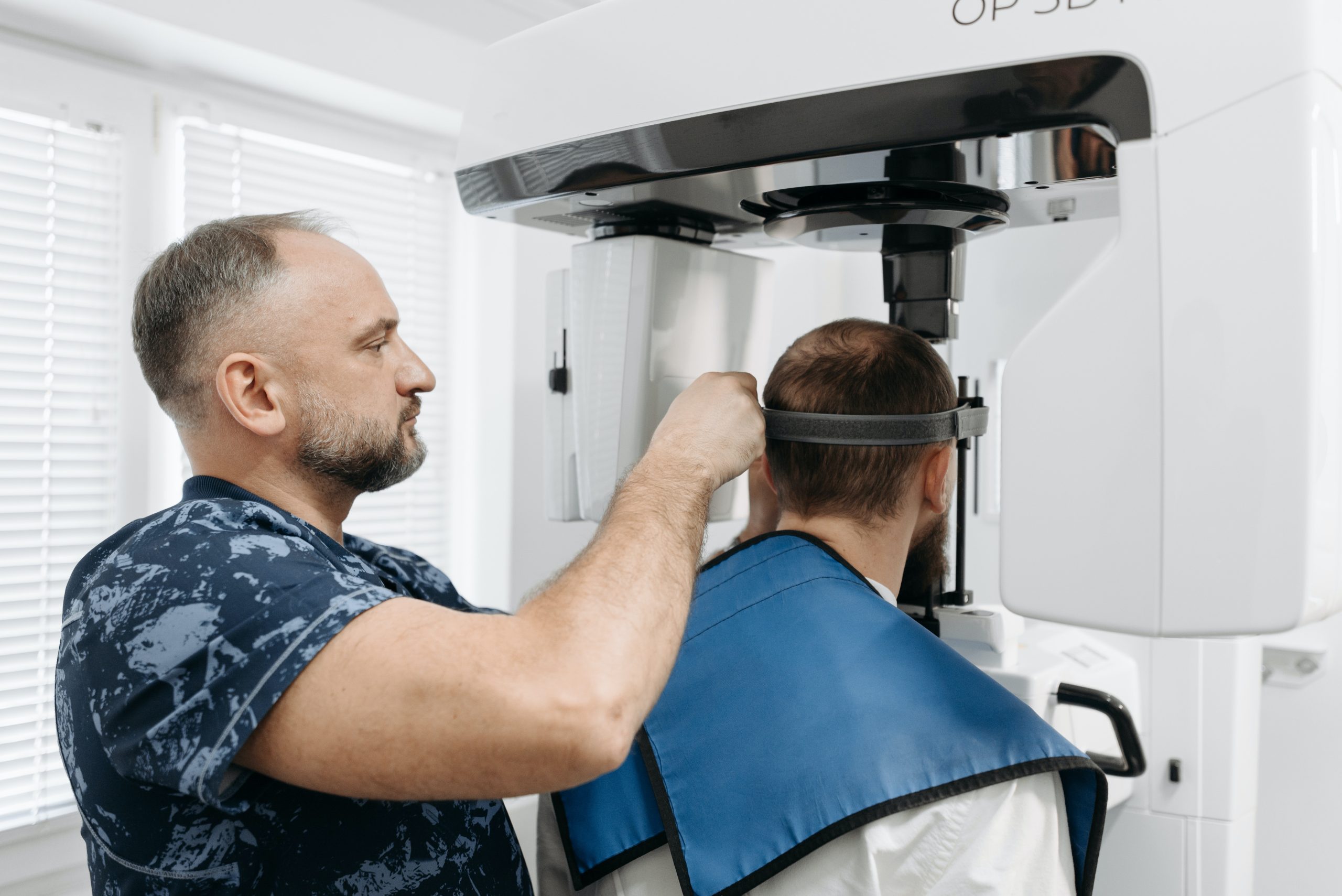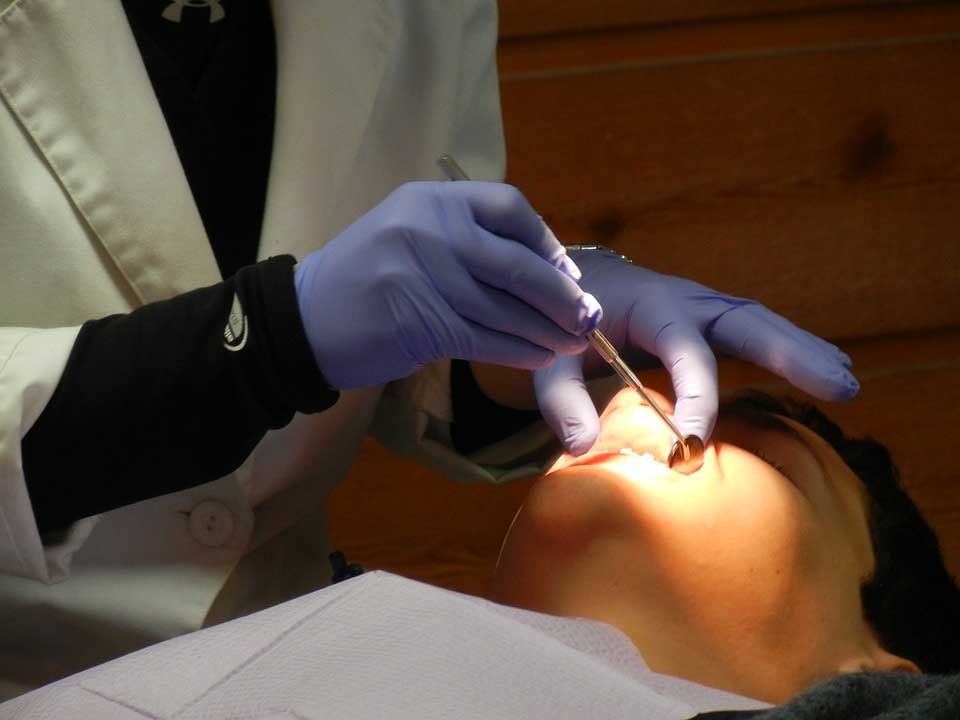The Impact of Smoking on Your Dental Health
Smoking is a habit known for its adverse effects on health, but its impact on dental health is often underemphasized. Your smile, gums, and overall oral hygiene can suffer significantly due to smoking, affecting both aesthetics and health. In this comprehensive article, we explore how smoking affects dental health and why kicking the habit can lead to a healthier mouth and a brighter smile.
The Relationship Between Smoking and Oral Hygiene
Maintaining good oral hygiene is crucial for a healthy mouth, but smoking can severely undermine your efforts. Smokers are more prone to plaque and tartar accumulation on their teeth, leading to cavities and gum disease. The chemicals in tobacco impair saliva flow, an essential factor in keeping your mouth clean and healthy. Reduced saliva flow results in dryer mouths, making it harder to naturally wash away bacteria and food particles.
A common visit to a general dental work clinic would often reveal smokers requiring frequent professional cleanings than non-smokers. This is due to the increased build-up of tar and nicotine, which stain teeth and create an ideal environment for bacteria. In addition to the unpleasant stains, bacteria thrive in such conditions, leading to more severe periodontal issues over time.
Smoking and Gum Disease
Gum disease, or periodontal disease, is one of the most prevalent consequences of smoking. Smokers have a higher risk of developing gum disease due to their compromised immune systems, making it difficult for gums to fight infections caused by bacteria in plaque. Gum disease begins with gingivitis, which, if untreated, can progress to periodontitis, a severe gum infection that can destroy the bone supporting your teeth.
Smoking masks the signs of gum disease as well. Typically, symptoms like bleeding and swollen gums serve as warnings for non-smokers, prompting visits to the dentist. However, smoking restricts blood flow to the gums, reducing these observable symptoms and delaying treatment. This delayed diagnosis can escalate to advanced gum disease before treatment commences.
Smoking: A Catalyst for Oral Cancers
One of the most severe risks of smoking is its potential to cause oral cancer, affecting the lips, tongue, cheeks, and throat. Tobacco contains carcinogens that directly damage the cells in the mouth. Smokers are six times more likely than non-smokers to develop these cancers. The combination of smoking and alcohol consumption further multiplies this risk, as alcohol serves as a solvent, aiding carcinogens to penetrate mouth tissues.
Regular checks and routine dental visits for a preventive dental check can help detect early signs of oral cancer. It’s crucial for smokers to have regular examinations, as early detection and intervention can significantly improve treatment success rates.
Impact on Dental Treatments and Recovery
Smoking does not only impact the likelihood of dental diseases but also the outcomes of dental treatments. Smokers experience delayed healing after oral surgeries, extractions, and dental implants. The reduced blood flow and diminished immune response contribute to slower recovery times and complications. For instance, implants may fail more frequently in smokers because the nicotine reduces blood flow essential for the healing process.
Smokers are often advised to refrain from smoking before and after procedures to enhance healing and ensure successful outcomes. Frequent visits to a dental office in Fenway, Boston or your local dental practitioner for guidance and treatment can make a significant difference. Your dentist will often recommend quitting smoking as a vital step towards improving oral health and ensuring successful dental treatment results.
Cosmetic Implications of Smoking on Your Smile
Beyond health concerns, smoking has detrimental effects on the appearance of your teeth and gums. Tar and nicotine cause tooth discoloration, turning them from white to yellow or brown over time. This staining is often resistant to over-the-counter whitening solutions, requiring professional treatment by a dentist.
Moreover, smoking can lead to bad breath or halitosis, caused by a dry mouth, gum disease, and the presence of tobacco particles. The persistent odor can be socially embarrassing and challenging to manage without addressing the underlying smoking habit.
Kick the Habit for a Healthier Mouth
Quitting smoking is a proactive step towards achieving better dental health. The benefits begin to manifest soon after quitting, with improved saliva production, fresher breath, and healthier gums. Swelling reduces, which helps in the betterment of oral structures affected by previous smoking-induced damage.
Your dentist can be an essential ally in this journey. Along with regular dental checkups, they can provide invaluable advice and supportive resources to help you quit smoking. They may recommend nicotine replacement therapies or other interventions to help curb your smoking urges.
Strategies for Maintaining Dental Health
Even if you haven’t successfully quit yet, adopting certain strategies can help mitigate smoking’s effects on your dental health. Regular brushing and flossing are imperative in preventing plaque buildup and gum disease. Using a toothpaste with fluoride strengthens teeth, making them more resilient to decay.
Alongside thorough at-home care, preventive dental checks are essential. Dentists can spot early signs of trouble and provide cleanings to help keep your mouth healthy. Interventions like fluoride treatments and scaling can reduce risk factors inherent in smoking-associated dental diseases.
The Role of Nutrition in Oral Health
Supporting your oral health involves not just limiting harmful habits like smoking, but also bolstering it with a nutritious diet. Foods rich in vitamins C and D contribute to gum health. Vitamin C accelerates gum healing and boosts immunity, while vitamin D is crucial for calcium absorption, strengthening bones and teeth.
A diet rich in fruits, vegetables, lean proteins, and low in sugars, supports both dental and overall health. Replacing sugary snacks with healthier alternatives lowers the risk of cavities and provides essential nutrients for gum and tooth health.
Empower Yourself with Knowledge and Support
Being informed is the first step towards better dental health. Understanding how smoking affects dental health empowers you to take action. Equip yourself with knowledge, lean on your dental health professionals for guidance, and take proactive measures towards a smoke-free, healthier smile.
Ultimately, employing resources at your disposal, such as visiting a dental office in Fenway, Boston, can provide you with expert care and personalized advice in your journey to quitting smoking and improving dental health.
Remember, your smile is a valuable asset, and giving it the care it deserves enhances not just your dental health but your quality of life. A smoke-free lifestyle is a journey worth taking for your oral health and beyond.
















